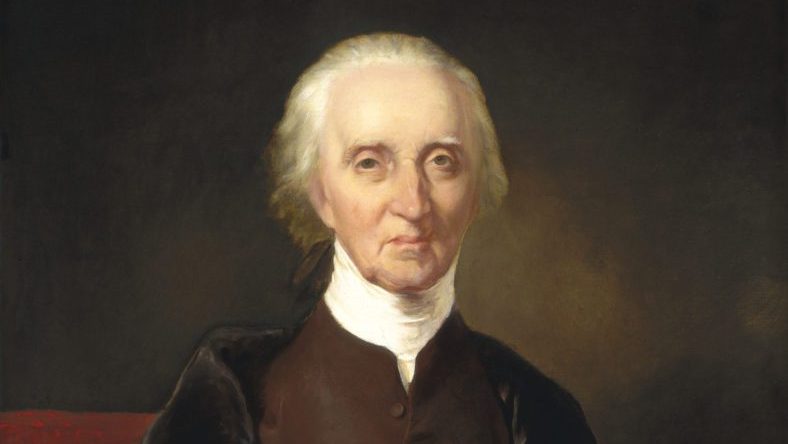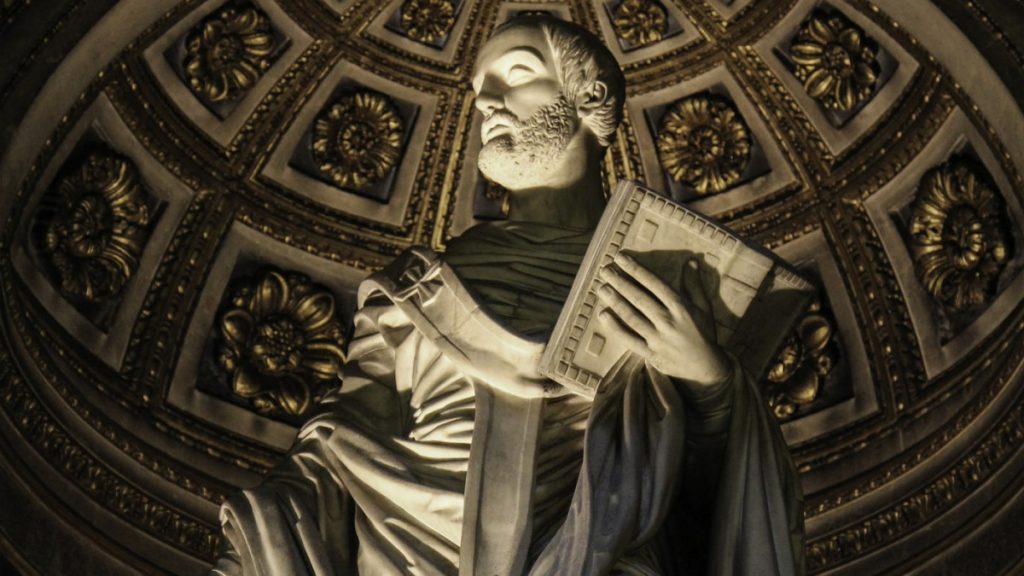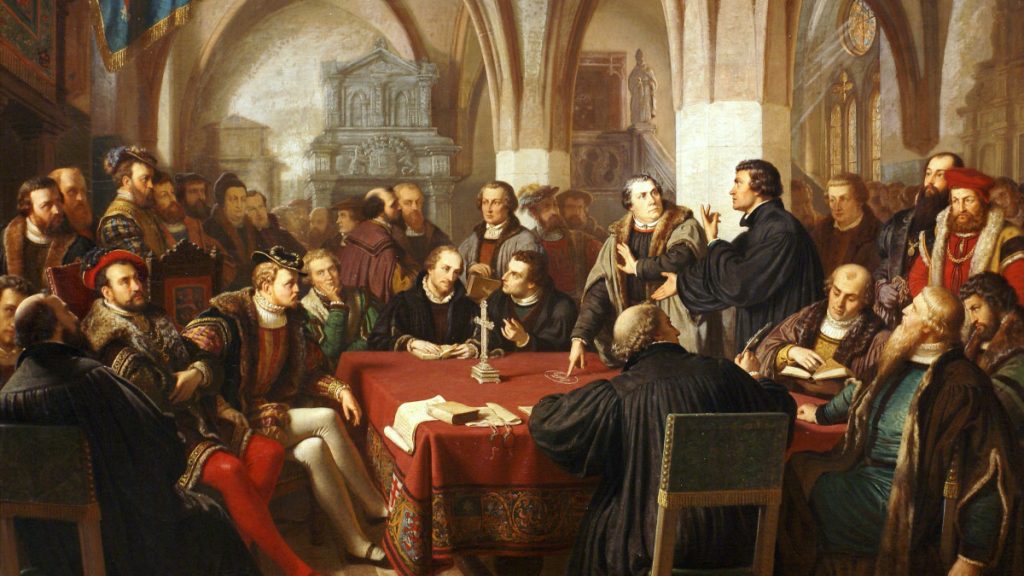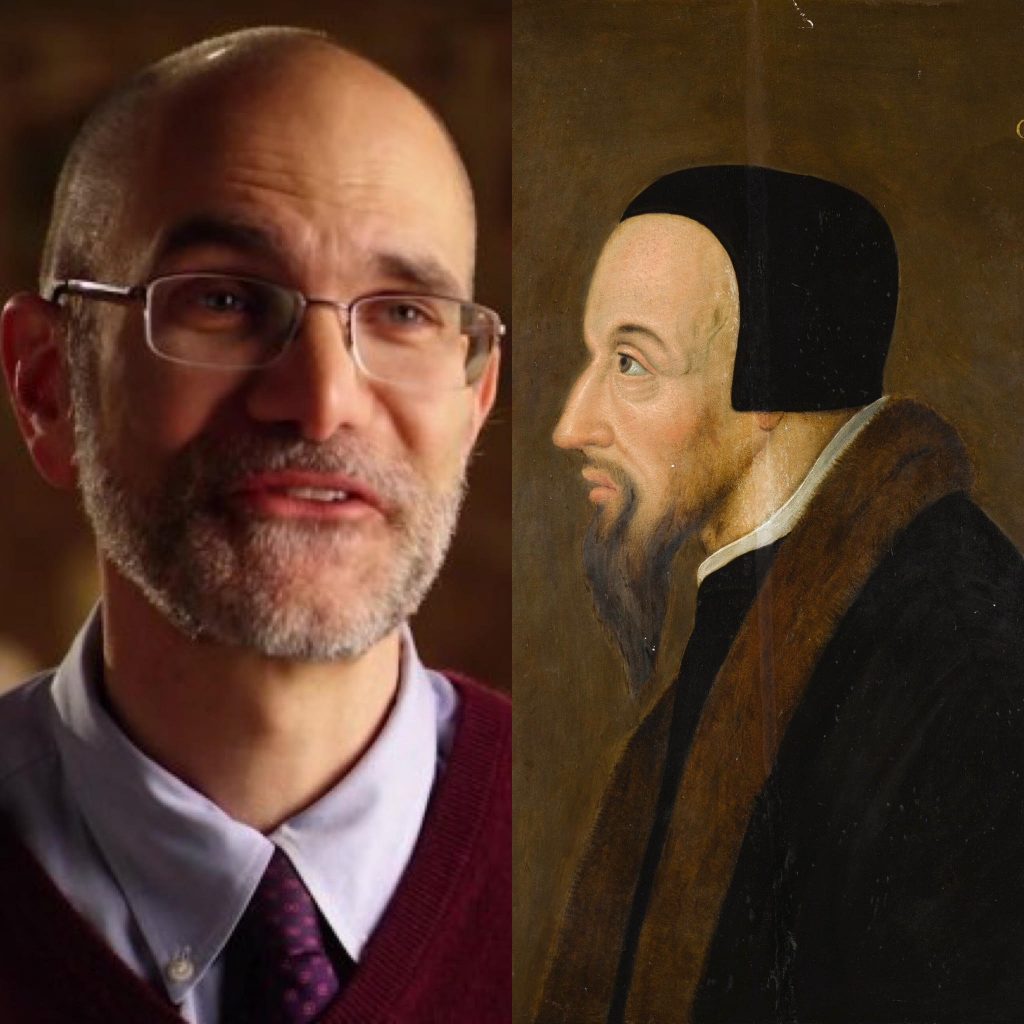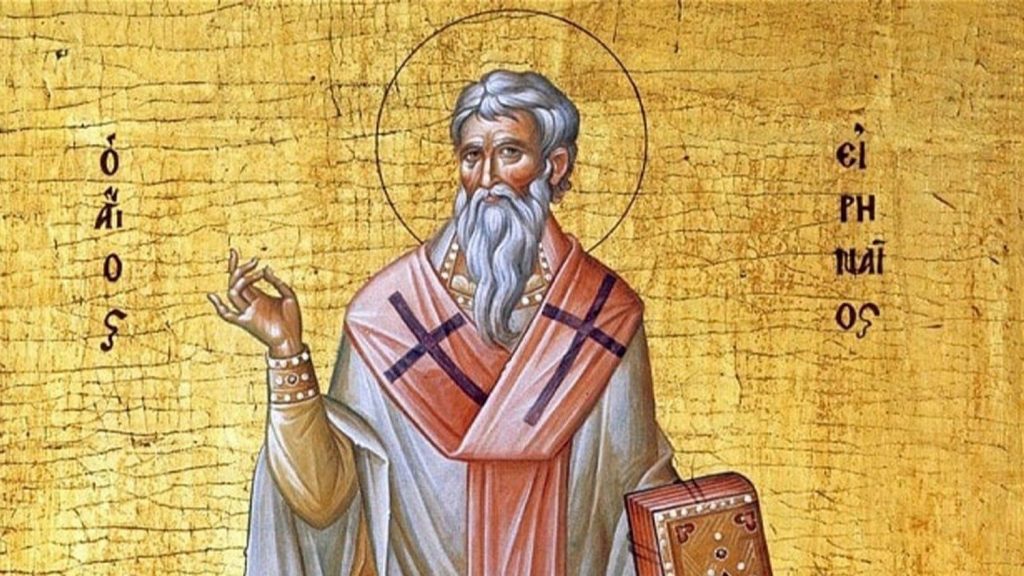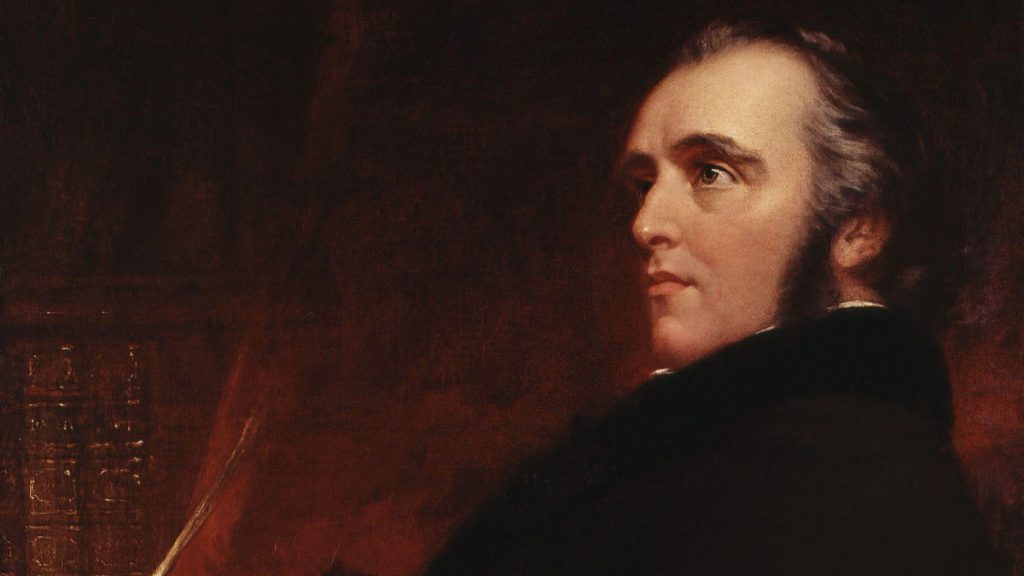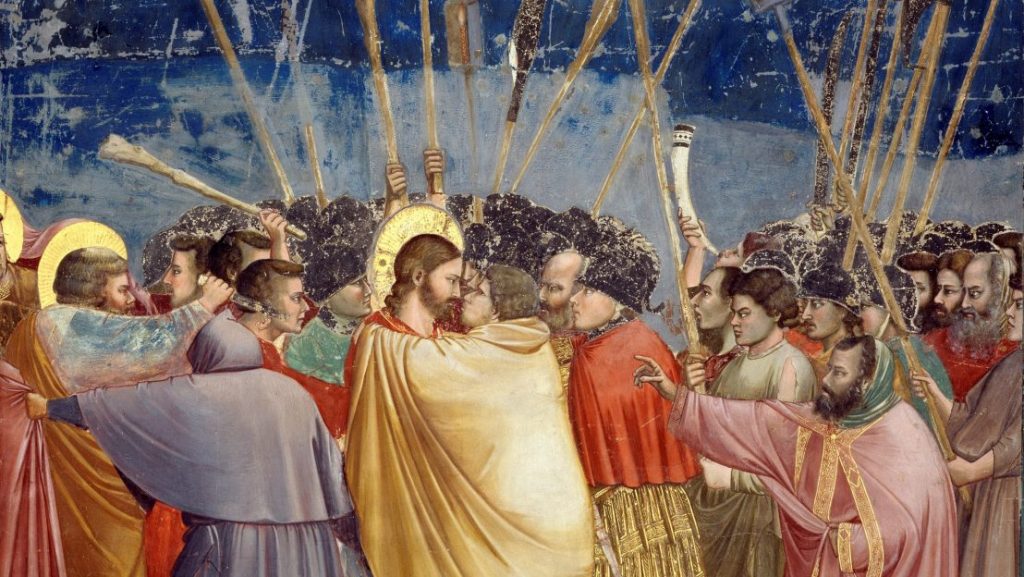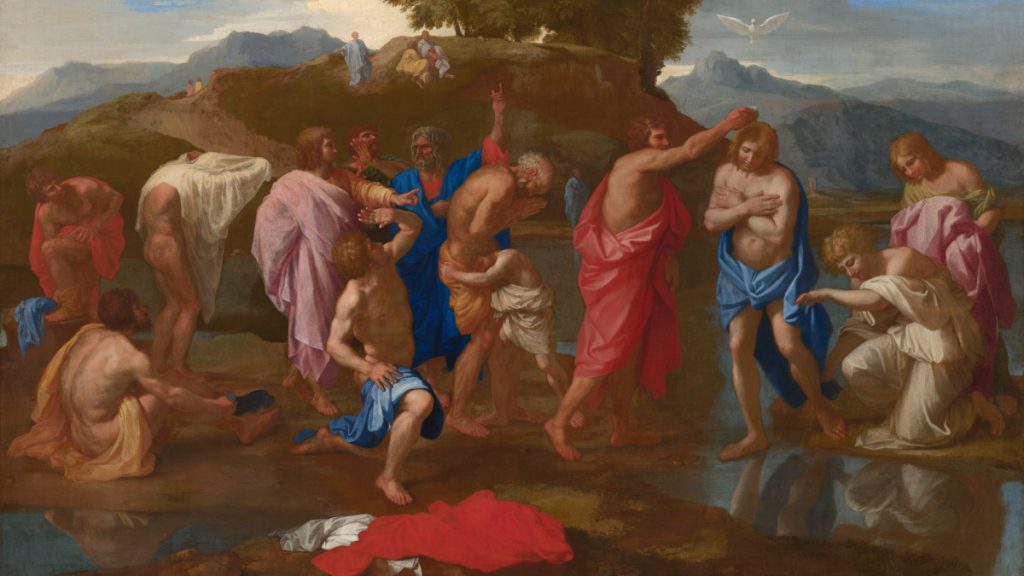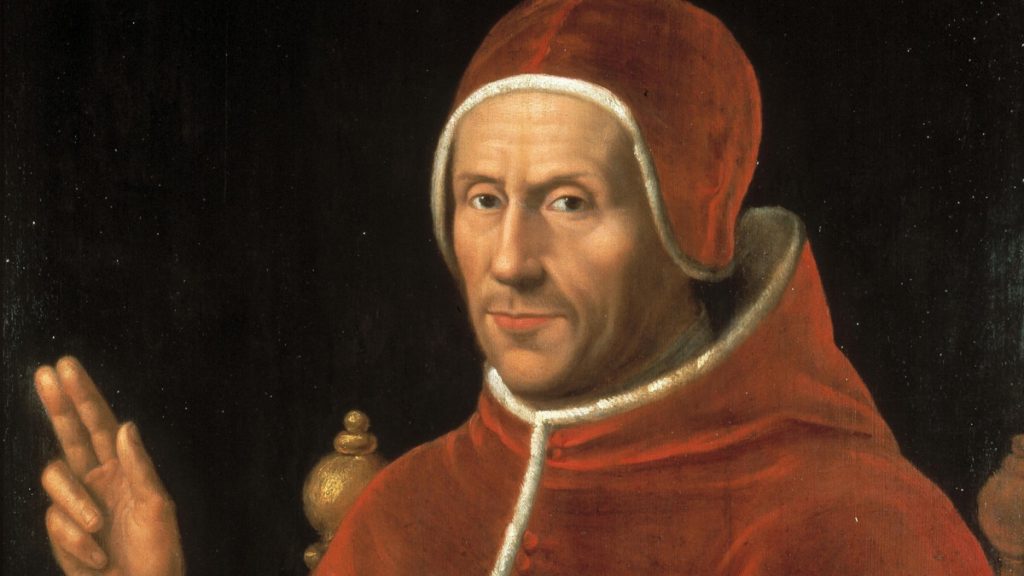(Updated June 24, 2025)
Charles Carroll (1737-1832) was an American Founder, and the only Catholic (and longest lived) signer of the Declaration of Independence. He also served as a Senator for Maryland (1789-1792).
Next to each quote are the Topic Quote Archives in which they are included.
This Quote Archive is being continuously updated as research continues. Quotes marked with “***” have not yet been organized into their respective Topic Quote Archives.
Letters
Charles Carroll, To James McHenry (November 4, 1800)1
Warnings Against Atheism
These events [more war in Europe, and the decline of America as a republic] will be hastened by the pretended philosophy of France: divine revelation has been scoffed at by the Philosophers of the present day, the immortality of the soul treated as the dreams of fools, or the invention of knaves, and death has been declared by public authority an eternal sleep: these opinions are gaining ground among us, and silently sapping the foundations of a religion the encouragement of ye good, the terror of evil doers [Prov. 21:15], and the consolation of the poor, the miserable, and the distressed. Remove the hope and dread of future rewards and punishments, the most powerful restraint on wicked actions, and ye strongest inducement to virtuous ones is done away. Virtue may be said is its own reward; I believe it to be so and even in this life the only source of happiness; and this intimate and necessary connection between virtue and happiness here and between vice and misery is to my mind one of the surest pledges of happiness or misery in a future state of existence—But how few practice virtue for its own reward! some of happy disposition and temperament, calm reflecting men, exempt in a great degree from the turbulence of passions may be virtuous for virtue’s sake: small, however, is 474 | 475 the number who are guided by reason alone, and who can always subject their passions to its dictates? he, who can thus act, may be said to be virtuous; but reason is often enlisted on the side of the passions, or at best, when most wanted, is weakest—Hence the necessity of a superior motive of acting virtuously; now, what motive can be stronger than ye belief, founded on revelation, that a virtuous life will be rewarded by a happy immortality? Without morals a republic cannot subsist any length of time; they therefore who are decrying the Christian religion, whose mortality is so sublime and pure, who denounces against the wicked eternal misery, and ensures to the good eternal happiness, are undermining the solid foundation of morals, the best security for the direction of free governments.
